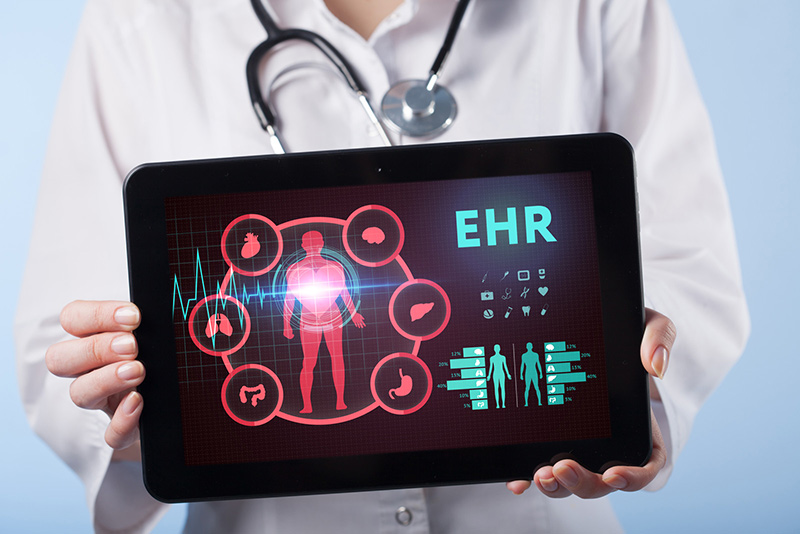EHR implementation was welcomed with great warmth by a large section of the healthcare community as well as medical-legal support service providers such as medical record retrieval companies, medical billing companies and so on. The HITECH (Health Information Technology for Economic and Clinical Health) Act and the adoption of Meaningful Use standards speeded up EHR adoption. However, EHRs have their own distinct problems that need to be addressed if its intended objectives are to be met.

Comprehensiveness Is Yet a Distant Dream
With so many EHR systems in the field and many integration standards available, the effectiveness of exchanging information between diverse healthcare applications is not very clear. Now, the important question is whether interoperability (interconnectivity) or comprehensiveness is more important for the EHR. A team of experts from the University of California San Francisco (UCSF) Center for Digital Health Innovation says that comprehensiveness should not be the goal of the EHR in the present “fragmented, fast-paced, multifaceted industry,” as mentioned in this HealthIT Analytics article. Patients move between many healthcare systems, and receive care in organizations that may or may not be digital. Valuable data is generated during this movement through sensors and devices that may not yet be integrated into the traditional EHR. This challenges the concept of a comprehensive health record and raises concerns regarding its implementation. Interoperability thus becomes the priority because no EHR system can claim to be comprehensive. Interconnectivity must be ensured across many data types, data sources, authorized users, and use cases, according to the research team.
Healthcare data is always dynamic. For instance, care plans developed to treat patients under shared value-based care responsibilities can change quickly and require input from providers across the healthcare continuum. This requires the EHR also to be dynamic, collaborative, flexible and easy to use.
Why Interoperability Should Be Prioritized
Many physicians have problems with their EHR systems that are unwieldy and inefficient. This emphasizes the need to focus more on improving the core functions of existing EHR systems and making them user-friendly rather than attempting to make them accommodate new use cases. All stakeholders involved must be able to feed data where they want and be assured that the information will be available in their business partners’ health IT systems as well. The UCSF expert team referred to above point out that the “connected health record achieves true completeness by focusing on the dynamic conversation, teamwork, interconnections, and diverse data sources inherent in managing health and healthcare today.”
An important thing to remember is that care is becoming much more team-based and decentralized with providers striving to keep patients out of the hospital. This requires EHR systems to be well connected. When the EHR is interoperable, health information is simultaneously made available to the primary care physician, nurse, caregiver, and specialists at the same time. The entire care team can automatically access any recommendations or changes in the care plan from any provider in the team.
The practical thing for popular EHR vendors to do would be to continue giving preference to interoperability. They will have to work to integrate Application Programming Interfaces (APIs) and other standards for data exchange into their products. Vendors must also collaborate closely with each other to ensure that the data flows smoothly across all barriers. Such efforts should help ensure EHR systems that are complete as well as interoperable.
There is no doubt that the healthcare industry is moving towards a data-driven, patient-oriented technology sector. Advanced EHR systems will be developed that make medical record analysis and other such processes easy and enable providers to ensure superior quality care for their patients.



